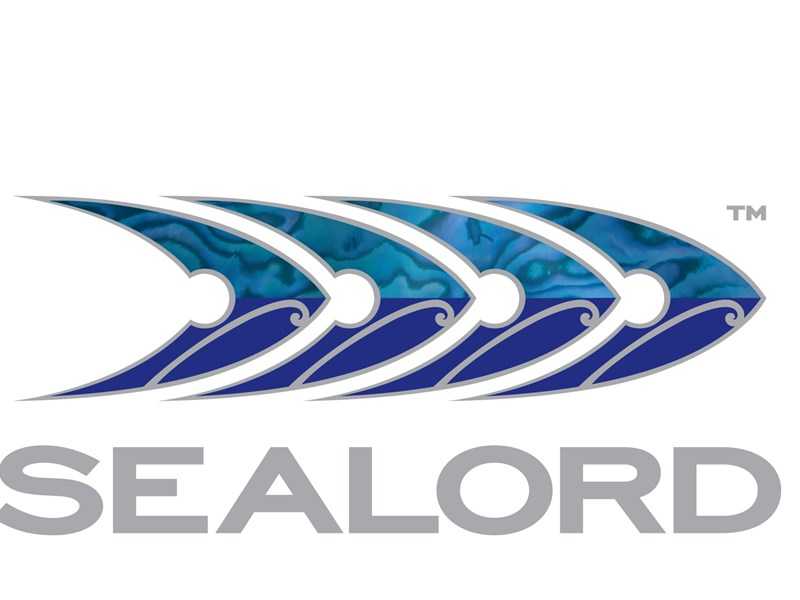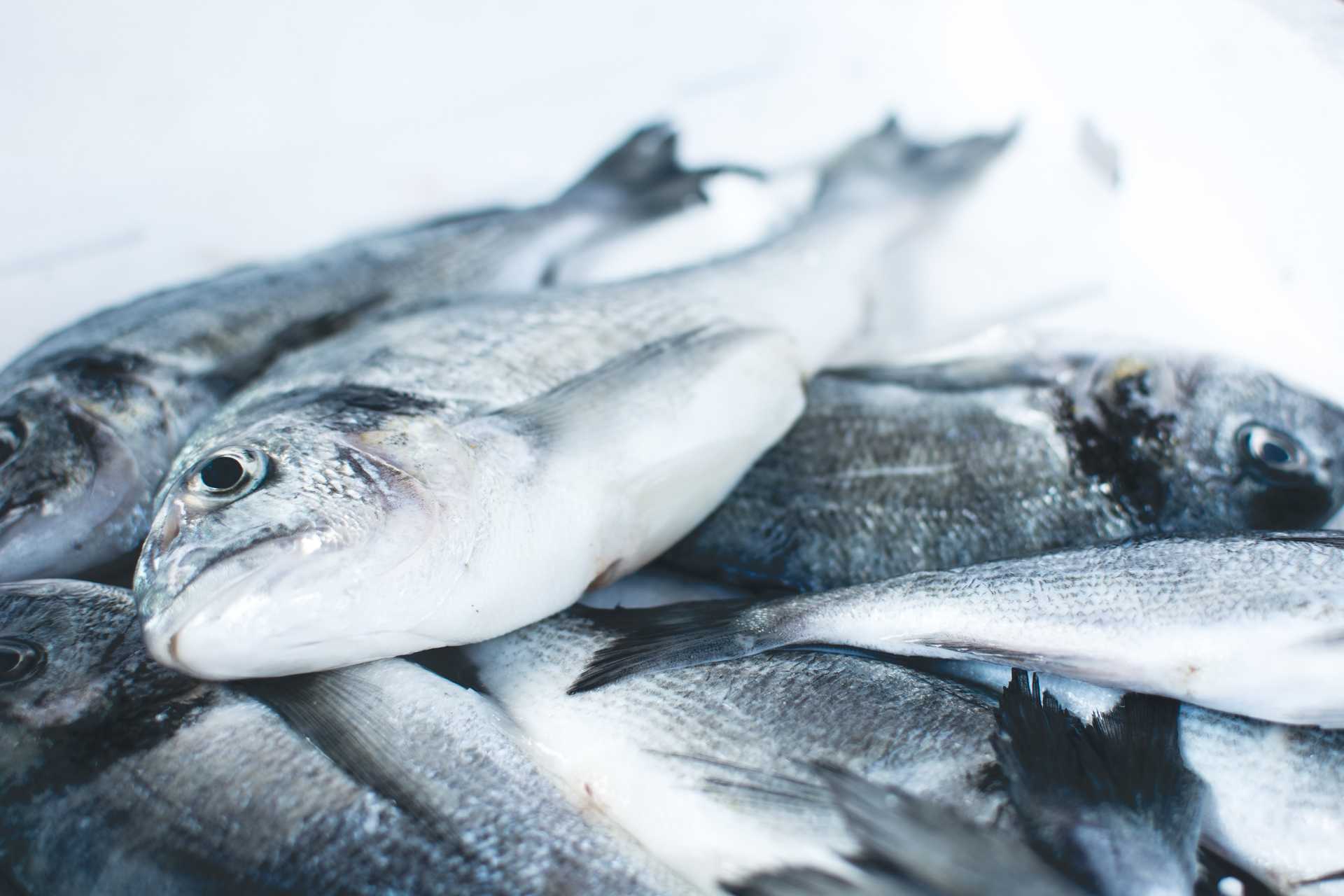Original research completed in July 2018, and verified/updated in May 2020; Woolworths section revised and Sealord mackerel added June 2023.
Fish products are a common item produced by forced labour, with both the fishing stage and the canning process at the factory often involving forced or child labour.
After extensive research, we’ve identified companies that are taking these issues seriously. Check out our guide below to find out how to buy tinned fish whilst supporting the human rights of those who produce it.
What’s the problem?
Warning: Some readers may find this section upsetting.
Deepwater fish (such as tuna and mackerel) are caught offshore or on the high seas, which provides ideal conditions for forced labour as boats are at sea for long periods of time and workers can’t get away. Starvation, severe beatings, rape and even murder are well documented and disturbingly common. Children frequently work on tuna vessels as cooks and women are sometimes also forced into sex slavery there.
Sardines are generally caught closer to shore with fishing methods such as purse seine nets. Child labour is sometimes involved, with the smaller body size of older children and young teens making them especially able to spread nets and drive sardines into them. Another method is blast fishing (fishing with dynamite), which too has known cases of child labour.
Factories that process the caught fish are also well known to involve child and forced labour, especially in Thailand, which globally exports far more canned tuna than anywhere else. Child labour is also known to have occurred in factories producing tinned sardines, with the work resulting in serious and painful damage to their hands.
Even fish caught in New Zealand waters may be affected by these practices, as all our fish is canned overseas and there have been cases of slavery on fishing vessels operating in New Zealand waters.
How to buy tinned fish without supporting slavery and child labour
Looking into the options currently available in New Zealand, we’ve learned that:
- Sealord and Brunswick have the best processes in place to protect human rights.
- Woolworths and John West have taken significant steps to address human rights risks, and in recent years have been working with suppliers on this.
- Pacific Crown and Pams didn’t seem to have any processes, or work in place, to actively address workers’ rights in their supply chains.
So to avoid supporting child or slave labour, we recommend Sealord (for tuna and mackerel) and Brunswick (for sardines).

However if these aren’t options for you, Woolworths is your next best choice for tuna. We are confident that their processing factories as slave-free and they are doing some work at the fishing vessel stage.
What’s happening in their supply chains?
We contacted a number of brands to ask about human rights in their supply chain. Most responded, and for those that didn’t (Pacific Crown and John West) we found relevant info on their websites and packaging.
Below is a quick summary of what we learned. For a more in-depth look, check out our research article.
Sealord
Sealord’s tuna is supplied exclusively by FCF in Taiwan. Observers are regularly on board the vessels checking that good labour conditions are being adhered to and FCF publishes the names of all their fishing vessels so that people can check up on them independently.
Sealord catches mackerel in New Zealand waters with their own vessels; the vessels operate under New Zealand employment law and MPI observers regularly check this is adhered to.
The factories Sealord uses have standards in place to ensure no child or forced labour is used. Chotiwat Manufacturing Company has SA8000 certification, and Pataya Food Industries is a member of the Thai Tuna Industry Association. Regular audits are required to retain SA800 certification, likewise with continuing to be a member of the Thai Tuna Industry Association.
What does this mean? The companies in Sealord’s supply chain not only have standards in place, but are required to undergo checks to make sure workers’ rights are being protected – making it very likely Sealord tuna is free from child or slave labour.

Note that Sealord’s tinned mackerel is labelled as ‘smoked flavour fish fillets’, rather than as mackerel.
Brunswick
Note: The below applies to the Australian ‘Brunswick’ company operating in New Zealand, not the Canadian company with the same name.
Brunswick is able to trace their fish back to the vessel on which it was caught. In addition, they know where and how each fish was caught and are confident that they were caught legally.
Brunswick’s Polish sardines are caught in the Baltic Sea, probably by ‘cutters’ (the main ships catching herring there). The working conditions on these boats are tough but the work appears to be voluntarily entered into. The sardines are likely canned in Poland where there is a sizeable fish canning industry. Brunswick’s Canadian sardines are caught in the Bay of Fundy in Nova Scotia, and are canned in either Alaska or Canada.
What does this mean? Both forced and child labour are illegal throughout the world, and as Brunswick has traced their supply chain looking for legality, it is very unlikely that Brunswick sardines are implicated in these practices.

Woolworths own brand
Woolworths Australia (the parent company of Woolworths NZ) appeared in the 2021 Business and Human Rights Resource report. They were found to display ‘leading practise’ in policy and supply chain visibility, human rights due diligence and practical actions, and were one of the three highest-ranked companies. However, this report was looking primarily at factories and not at fishing vessels.
In addition the Woolworths 2020 strategy says: “We have an ethical sourcing policy which we expect all our suppliers to adhere to. Alongside Woolworths in Australia, we audit own brand factories based on considerations such as human rights and labour practices. We will build on our audit and compliance practice to ensure our supply chain accords with global best practice.”
What does this mean? We are confident that Woolworths own brand tuna products are canned in a facility with good labour practices (since the factories are audited). However we cannot be confident the fishing vessels they use are slave-free. They are significantly better than most other brands, but we cannot be sure they are slave free.

John West
Note: The below applies to the Australian and New Zealand ‘John West’ company, not the ‘John West’ brand in Europe (which is owned by a different company).
John West is working on human rights risks in their supply chains, including suppliers being required to meet standards set out in the Simplot New Zealand supplier Code of Conduct, and signing onto the ILO’s Good Labour Practices Guidelines.
However, no procedures are outlined for checking the Simplot Code of Conduct is actually followed, and as the Good Labour Practices Guidelines are guidelines rather than a certification, we can’t be sure whether signatories are putting them into practice.
The company’s supply chain visibility, and procedures for identifying human rights risks, could also be improved, with a 2019 report by the Business and Human Rights Resource Centre finding Simplot (John West’s parent company) falling short in these areas.
What does this mean? John West is aware of human rights risks and have committed to work with their suppliers to eliminate this. It is possible their tuna is free from forced and child labour, however without a process for audits in their supply chain, it’s hard to be sure.

Pacific Crown
Pacific Crown’s tuna and mackerel tins state that they are a product of Thailand, so the fish may well be caught by Thai boats and they are certainly canned in Thai factories.
As for sardines, their website states that they sell ”deep-sea harvested … sardines… caught using … sustainable Pacific fishing practices”, but there is no indication as to where they are fishing, or anything about worker rights.
What does this mean? Pacific Crown make several sustainability and food safety claims on their website, but there is no information about worker rights. Given the high prevalence of child and forced labour on fishing boats and fish processing factories in Thailand, it is probable these practices are involved at some point in Pacific Crown’s supply chains. Based on this, it is unlikely their products are free of child or slave labour.
Pams
Foodstuffs, which Pams is part of, have said:
“We expect our suppliers to comply with all applicable employment and manufacturing laws. As part of our supplier agreements, it is required that ethical principles are adhered to, including fair pay and safe working conditions for staff.
Foodstuffs would never knowingly stock a product that is the result of illegal business practices or slave labour. We acknowledge the seriousness of these issues and we actively work with suppliers to ensure that any product sold in our stores comes from a supply chain that is operating with integrity and good practices for all workers.
This may mean factories are being checked to ensure they are forced and child labour free, or it may simply mean factories are just required to say they are. Foodstuffs didn’t answer our follow-up questions beyond reiterating that they would “never knowingly stock a product that is the result of illegal business practices or slave labour”.
What does this mean? Illegal business practices and slave labour are hidden, so unless Pams actively into their supply chain they will likely not be aware of it. Foodstuffs supermarkets stock chocolate that is not fairly traded and, whilst it would be impossible for them to know if any individual bar was produced with slave labour, they wouldn’t have to do much research to become certain that some of it was. If Foodstuffs is applying the same standards here that they apply to their chocolate, it is very unlikely Pams tuna and sardines are slave and child labour free.
Related articles
For more information on this topic:
For other types of fish products, check out these pages:
- Research notes: Salmon
- Research notes: Fish oil and omega 3 supplements
- Research notes: Fish in petfood

Our bottom line is that fish, cocoa and sugar should be free of child and slave labour right back to the original boat or farm.
Within this, where possible we also:
- identify goods produced in low-income countries (as buying those increases employment opportunities there);
- identify which goods are produced in the best labour conditions available (as supporting those brands will increase the pool of good jobs people have to choose from).
Find out more about our principles and check out our other guides.
